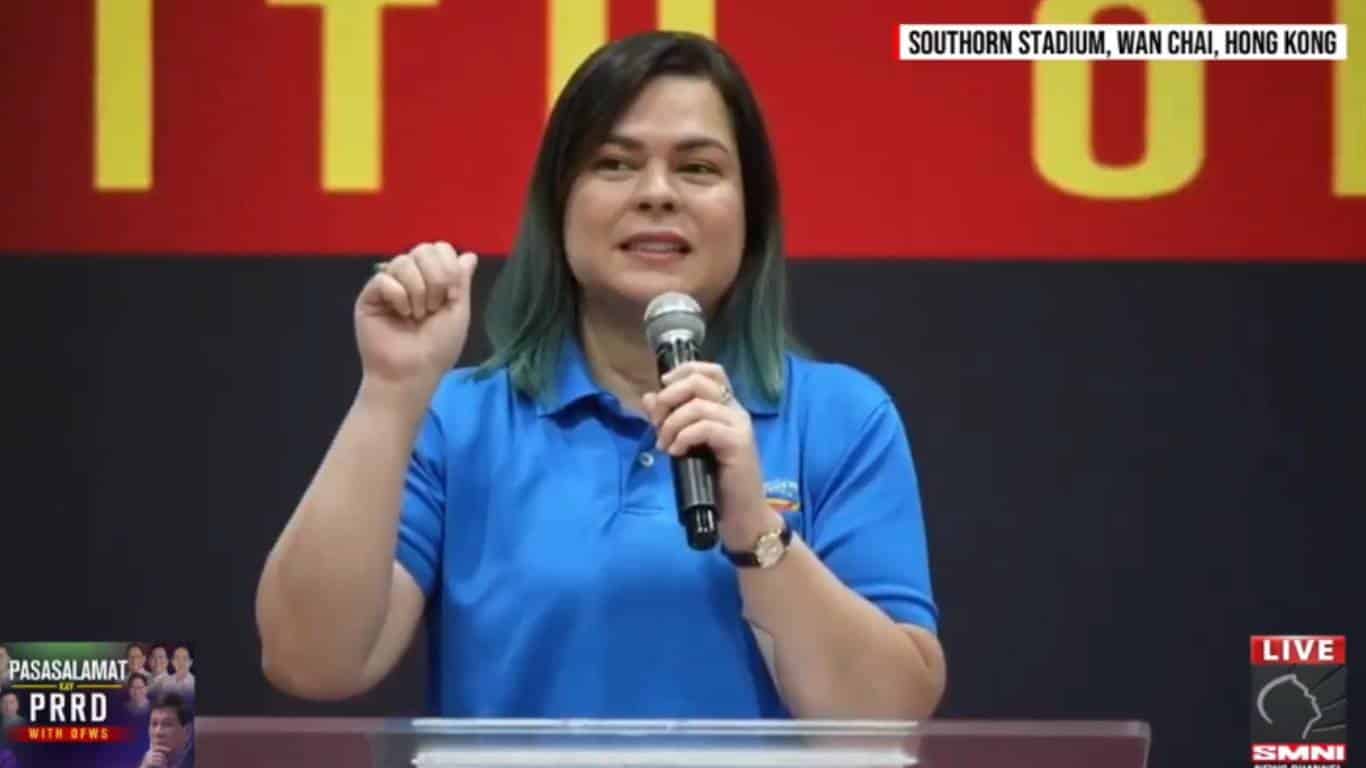I CAME across the term "amigo warfare" from historian Reynaldo Ileto's book "Knowledge and Pacification," which touched on many perplexing aspects of the historiography of the American conquest of the Philippines, including how the "poblacion" (i.e., cities/towns/municipalities) navigated the United States military occupation vis-à-vis the looming presence of Filipino guerrillas, particularly in the Southern Tagalog region. The central figure in poblacion politics was the municipal mayor, who had the difficult task of maintaining a balancing act between serving the townspeople and keeping the American military and Filipino guerrillas at bay. The town mayor at the turn of the 20th century was motivated primarily by the principle of serving the people, making sure that they are protected from the wrath of both the American military and the Filipino guerrillas in the nearby hills and mountains. Thus, his attitude toward both the Americans and Filipino guerrillas was predicated on shielding the people from the dire consequences of further military action, not only in terms of conflict-related casualties but also of economic disruption, public health catastrophes (epidemics, and the like), and just the overall social cost of war. Marcos' reason for wanting a campaign video with Vice President Duterte is justified because, according to the most recent Pulse Asia survey, the latter remains the most trusted high government official in the country, the only one whose trust and approval numbers improved from the previous survey. Read Full Story




